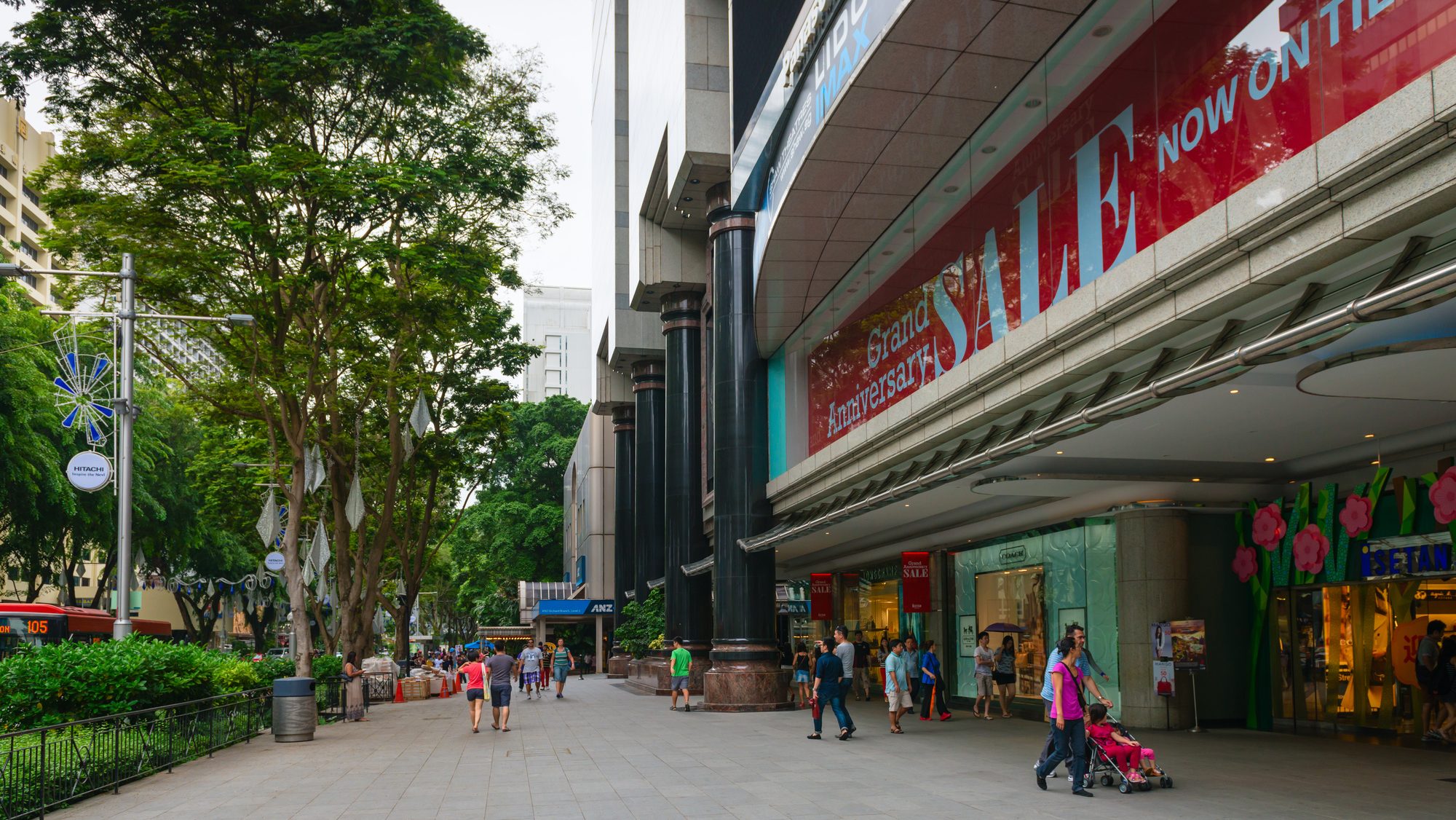SINGAPORE: Singapore’s retail vacancy rate has dropped slightly to 6.5% in the third quarter (Q3) of 2024, down from 6.6% in the previous quarter, which marks the lowest level in a decade, according to Savills Research.
Singapore Business Review reported that in Q3, demand for retail spaces has been evenly spread across most regions, with the Downtown Core Planning Area seeing no change in occupancy.
Orchard Road’s retail vacancy rate reached 7% in Q3, a slight increase from 6.8% in Q1 but still close to pre-pandemic levels, which averaged 6.7%.
In suburban areas, the retail vacancy rate remained stable at 4.6%, supported by strong demand for revamped spaces, such as those at Tampines 1.
Meanwhile, the strong demand for prime retail spaces in Q3 pushed rents up.
The average rent in the Orchard Area rose by 0.5% to S$23.10 per square foot (psf), while suburban rents saw a small decline of 0.1%, dropping to S$14.70 psf.
Tourism recovery is ongoing, but total tourist arrivals in the first three quarters of 2024 were still 12% below 2019 levels, and spending has not yet returned to pre-COVID levels.
Domestic spending also remains low due to inflation and economic uncertainty.
Alan Cheong, Executive Director of Research & Consultancy at Savills Singapore, explained that strong competition from new businesses entering the market has pushed up rents for prime retail spaces.
However, he said they expect a “moderated growth” for overall average rents for the rest of the year.
He noted that rents should have started falling a quarter or two ago, given the financial pressures faced by retailers and food & beverage (F&B) operators.
However, the arrival of foreign F&B brands has helped keep rents high, which has made it harder for existing businesses to cope.
Still, he expects the overall rent growth to slow down for the rest of the year.
According to Mr Cheong, retailers and F&B operators face pressure on their profit margins.
While strong demand for prime locations could increase rents, rents for other spaces are expected to stay the same or decrease in the coming months.
Despite a limited supply of retail spaces over the next three years, he expects rental growth will remain limited due to rising operating costs and labour shortages affecting both the retail and F&B sectors.
Sulian Tan-Wijaya, Executive Director of Retail & Lifestyle at Savills Singapore, noted that prime retail spaces will likely stay in high demand, keeping rents stable.
She explained that weaker operators may leave the market, but new brands are expected to take their spots. “Singapore still remains a favourite destination for new overseas brands,” she said.
She added that while F&B operators are more flexible with locations, many retailers focus on high-traffic areas in prime spots like Orchard or suburban malls. /TISG
Read also: Singapore retailers turn to TikTok to reach global customers
Featured image by Depositphotos (for illustration purposes only)

